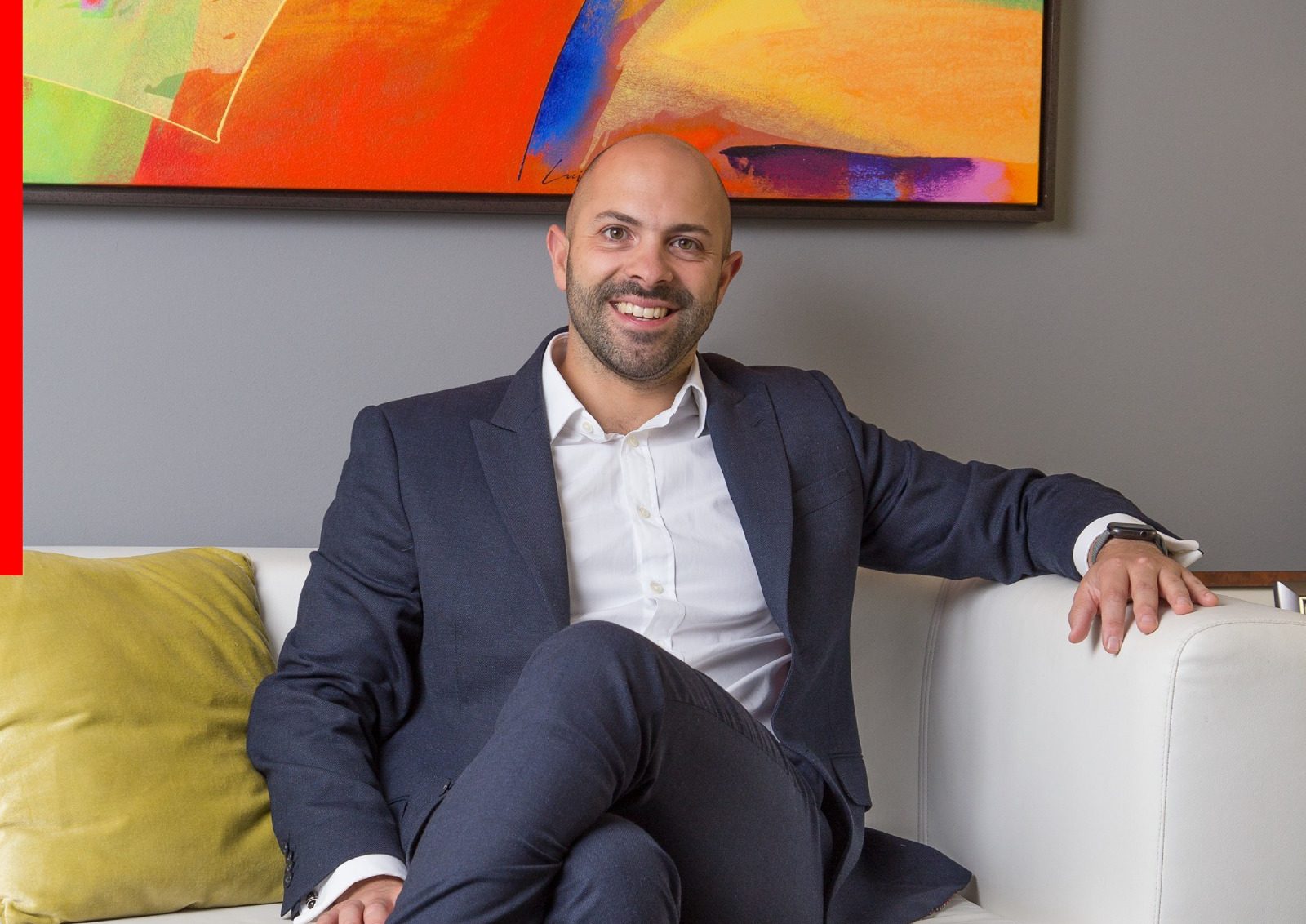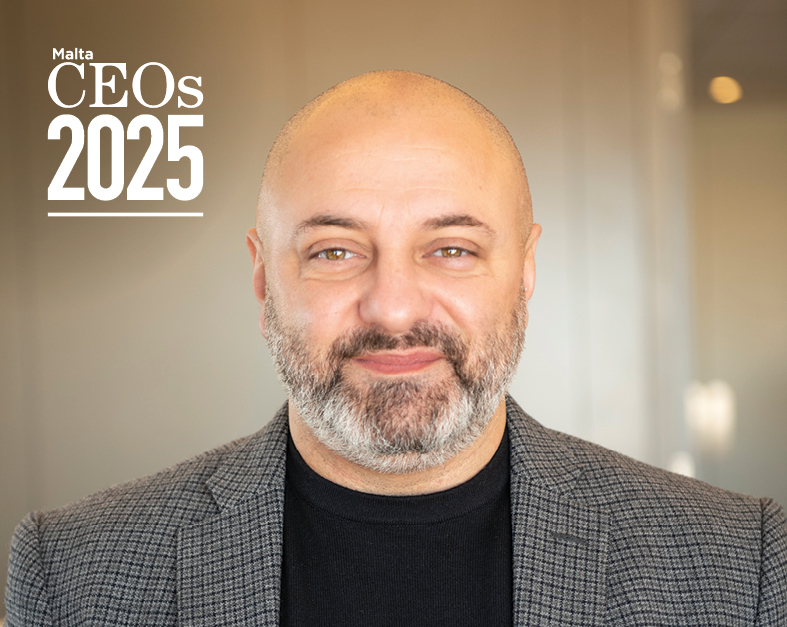In today’s evolving business landscape, private companies are grappling with a significant workforce challenge: The growing number of employees retiring and the lack of skilled workers to replace them.
According to the KPMG 2024 CEO Outlook: The Private Company Perspective, 33 per cent of private company CEOs identified this as the most pressing workforce issue impacting their organisations.
This study forms part of the broader 10th edition of the KPMG 2024 CEO Outlook. It surveyed 376 chief executive officers of private companies with annual revenues exceeding $500 million, conducted between 25th July and 29th August 2024.
One-third of the companies surveyed generate over $10 billion in revenue. Respondents came from 11 key markets, including the US, UK, Germany, and France, spanning various industries such as infrastructure, insurance, asset management, and telecommunications.
Private companies are operating in a period of heightened economic and geopolitical uncertainty, as ongoing high interest rates, global conflicts, and election cycles in major jurisdictions have made growth more complex. Cost-cutting and efficiency have become top priorities for many businesses as they navigate an uncertain market environment.
Despite these challenges, 68 per cent of private company CEOs remain confident about their growth prospects over the next three years, although this lags behind their public company counterparts (79 per cent).
Mergers and acquisitions leading growth strategies

perspective
To drive growth, more than a quarter of private company CEOs rank mergers and acquisitions (M&A) as their most important strategy. Another 23 per cent prioritise organic growth, while 19 per cent see strategic alliances as key.
Notably, 45 per cent of private company CEOs expect to undertake significant acquisitions within the next three years, highlighting strong deal-making intent.
Cybersecurity and supply chain risks loom large
When asked about threats to growth, private company CEOs identified cybersecurity (16 per cent), supply chain disruptions (13 per cent), and operational issues (12 per cent) as their top concerns.
Notably, only 38 per cent of private company CEOs feel well-prepared for a cyberattack, compared to 52 per cent of public company leaders. However, 65 per cent of private firms are increasing cybersecurity investments to counter AI-driven threats.
Gen AI adoption: Opportunities and challenges
The rise of generative AI (Gen AI) is reshaping the business landscape, with 62 per cent of private company CEOs ranking it as a top investment priority. Increased efficiency and innovation are cited as the main benefits, but implementing AI solutions presents challenges, including ethical concerns (59 per cent), lack of regulation (51 per cent), and the need for skilled personnel (47 per cent).
Training employees to effectively use AI is a critical factor, with only 39 per cent of CEOs believing their workforce currently has the necessary skills. However, 57 per cent are confident in their ability to upskill employees, underscoring the importance of workforce development in AI integration.
Workforce management: Retirements, knowledge transfer, and office presence
With many employees reaching retirement age, knowledge transfer has become a pressing issue.
Recruiting skilled talent remains difficult, as private companies often struggle to compete with public firms’ brand recognition and compensation packages. Additionally, 24 per cent of private company CEOs highlight a growing generational gap between older and younger employees.
Work arrangements are also evolving, with 79 per cent of private company CEOs expecting a return to in-office work over the next three years.

To encourage this shift, 86 per cent of CEOs say they are willing to reward employees who regularly attend the office with favourable assignments, raises, or promotions.
Balancing profitability, ESG, and social responsibility
Private company CEOs increasingly find themselves balancing profitability with environmental, social, and governance (ESG) priorities. While 71 per cent have not altered their climate-related strategies in the past year, many acknowledge that stakeholders are demanding more transparency.
A key challenge remains decarbonising supply chains, with 32 per cent citing its complexity as a major hurdle.
Moreover, 74 per cent of private company CEOs indicate they would divest a profitable business segment if it harmed their organisation’s reputation. Meanwhile, 77 per cent express a commitment to social mobility and skills development, reinforcing the broader role that businesses play in fostering inclusive economic growth.
Diversity in leadership: A work in progress
Despite ongoing efforts to improve diversity and inclusion, 60 per cent of CEOs agree that progress has been too slow. A significant 73 per cent believe leadership changes at the senior level are necessary to achieve workplace diversity.
Additionally, 75 per cent see gender equity in leadership as a crucial factor in meeting their company’s growth ambitions.
‘Here’s to growth, to clarity, to resilience, and to another year of learning to be’ – Nadia Pace
The seasoned business advisor marked her birthday with a thoughtful reflection.
What Pope Leo XIV’s election can teach business leaders about humility, dialogue, and global vision
The election of Pope Leo XIV offers timely lessons in humility, bridge-building, and global leadership.
5 ways to energise a team meeting and keep everyone engaged
To get the most out of your people, it’s important to inject energy and creativity into the way meetings are ...
GO plc appoints Alison Mercieca as Interim Chief Commercial Officer
She brings over 22 years of experience in the telecommunications industry.









